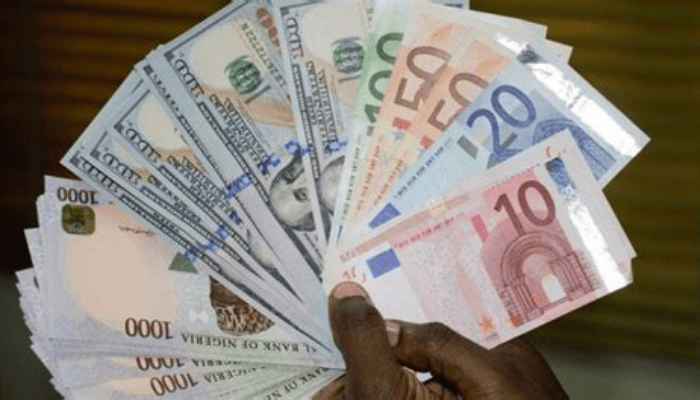The naira settled at N2,205/£ on the informal market on Sunday, maintaining relative stability despite global currency volatility. The Nigerian unofficial FX band has hovered between N2,000 and N2,400 per pound, driven by offshore demand for sterling and investor sentiment.
Currency traders said the future of the naira will largely depend on foreign capital inflows and confidence in Nigeria’s economic reforms. At the official window, the naira closed at N2,110/£1, slightly weaker than the previous session’s N2,090/£1. The Nigerian Foreign Exchange Market (NFEM) recorded intraday fluctuations between N1,529.75/$1 and N1,535/$1.
Market watchers noted that the GBP/NGN pair broke upward after the Bank of England announced its fifth rate cut this year. Despite pressure at the N2,000/£ level, traders say the currency has shown resilience compared to earlier in the year.
Naira Stability Linked to Policy Reforms
The naira’s stability in August signals renewed investor confidence. Analysts credit this partly to President Bola Tinubu’s decision to float the currency and unify multiple exchange rates. According to billionaire industrialist Abdul Samad Rabiu, the reforms reduced import costs and created a more level playing field for businesses.
While inflation and high living costs remain pressing concerns, the exchange market is no longer tightly controlled by political allocation, giving investors greater confidence. Central Bank of Nigeria (CBN) data also revealed that the United Kingdom accounted for 50 percent of diaspora remittances to Nigeria in 2024, highlighting the pound’s importance in FX flows.
Meanwhile, the CBN has reiterated that the naira is one of the most secure currencies globally, citing advanced anti-counterfeit features. Paul Onuoha, a senior official in the CBN’s currency operations department, led a sensitization session on detecting fake notes. “The naira is one of the strongest currencies in the world when it comes to security features,” he said.
Pound Sterling Gains as UK Economy Surprises
Globally, the British pound outperformed most major currencies after the UK’s economic data exceeded expectations. Sterling rose 0.1 percent to $1.359, its strongest since July 10, before trimming gains. The pound also advanced against the euro for a sixth straight week, its longest winning run in three months.
The gains came as traders became less certain about further rate cuts by the Bank of England. While markets had earlier priced in a 75 percent chance of another cut by year-end, the odds have now dropped to 60 percent.
Stronger-than-expected growth in the UK economy during Q2 further boosted market sentiment, with traders now tilting toward a bullish outlook for sterling against the dollar in the near term.
The US dollar struggled to mount a comeback after mixed economic reports. July retail sales grew by 0.5 percent, below the 0.8 percent forecast and down from June’s 0.9 percent. Industrial production also slipped by 0.1 percent, raising concerns about factory output.
Although the Empire State Manufacturing Index climbed from 5.5 to 11.9 in August, weak consumer confidence weighed on sentiment. The University of Michigan’s Consumer Sentiment Index dropped to 58 points in August, down from July’s 61, signaling caution among US households.
The US Dollar Index (DXY), which tracks the greenback against six major currencies, slipped to 97.80, hovering near two-week lows. Traders remain cautious, with Federal Reserve rate-cut expectations still high but slightly moderated.
Stay tuned to 9am News Nigeria for more Breaking News, Business News, Sports updates And Entertainment Gists.
















